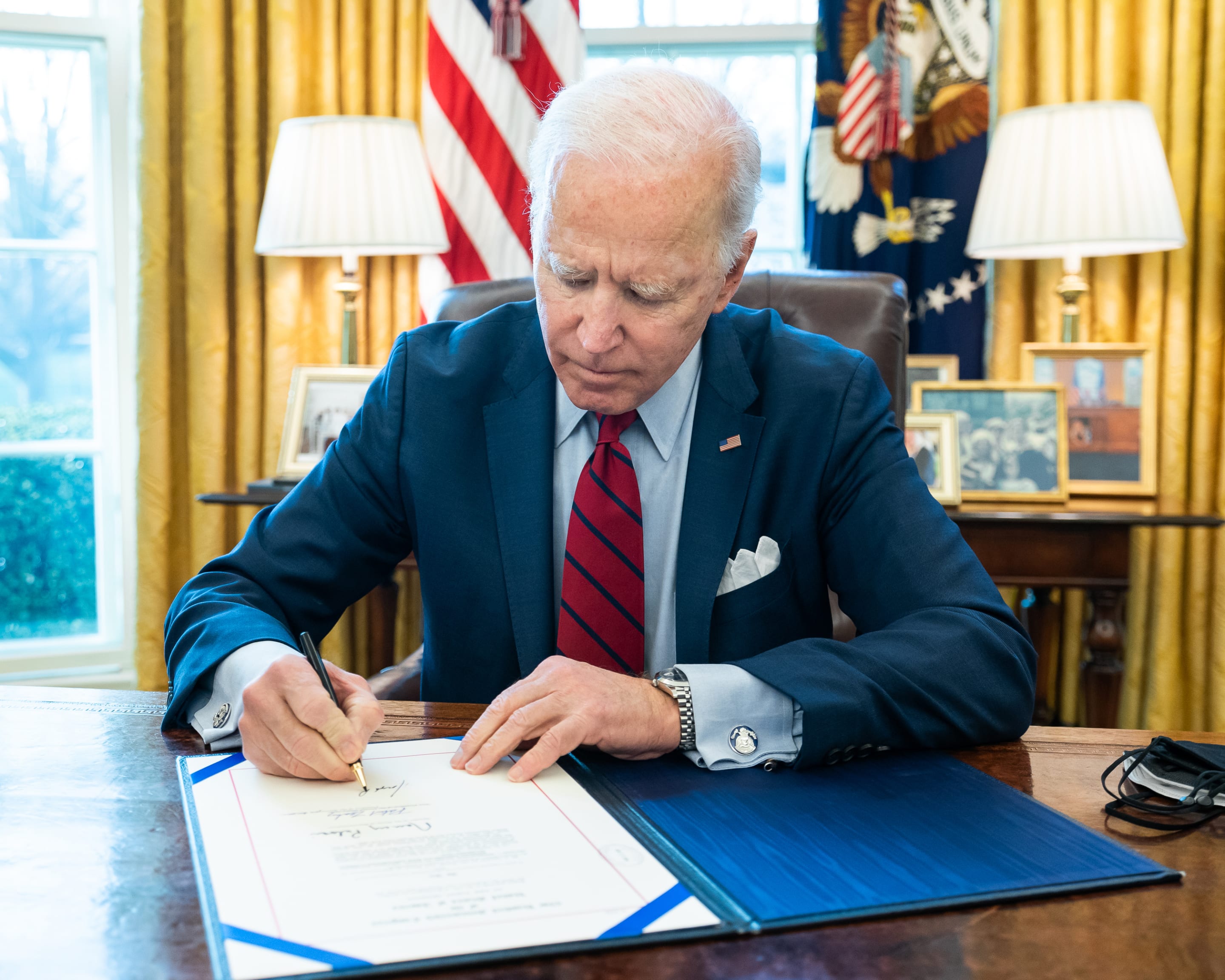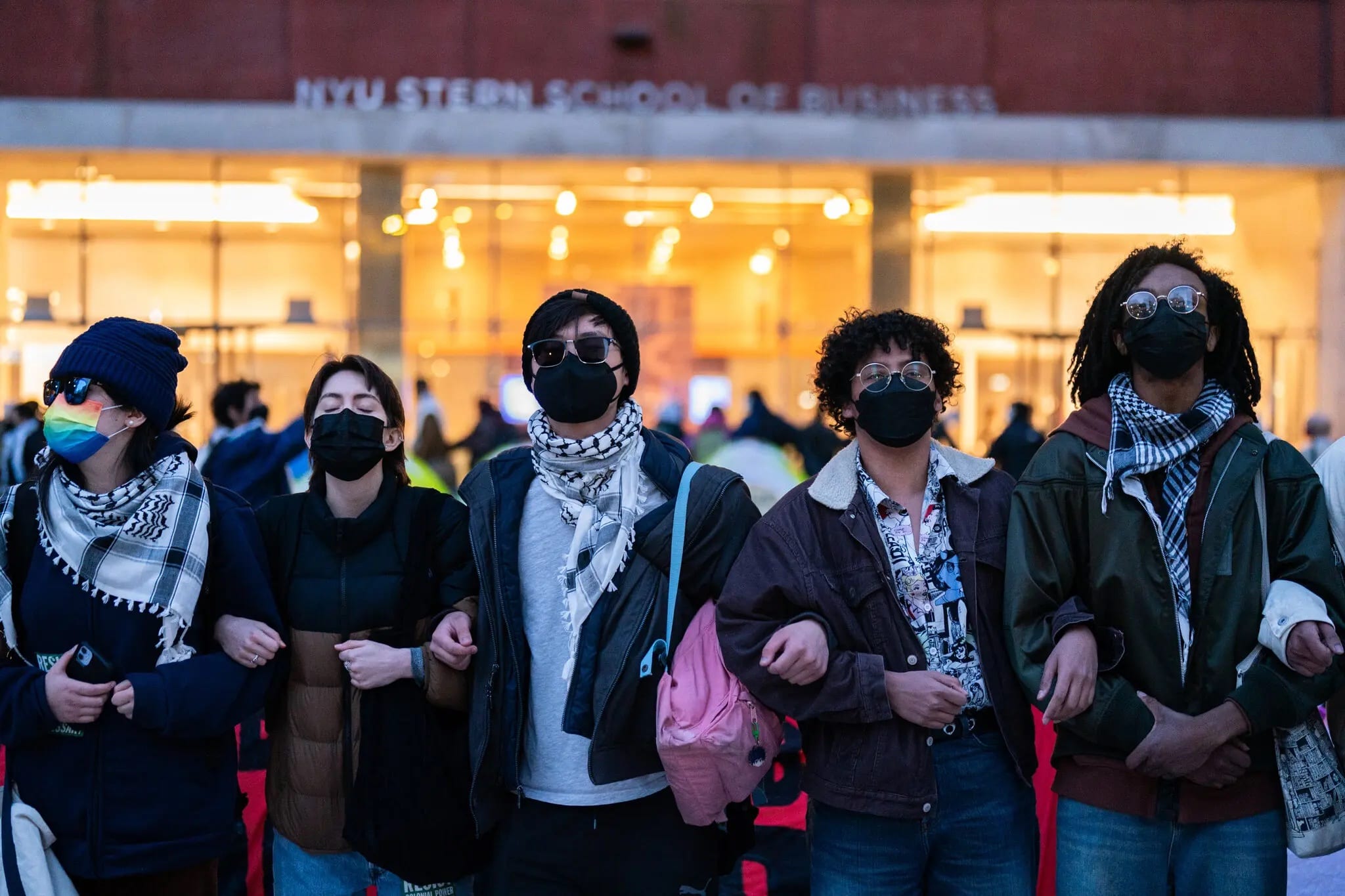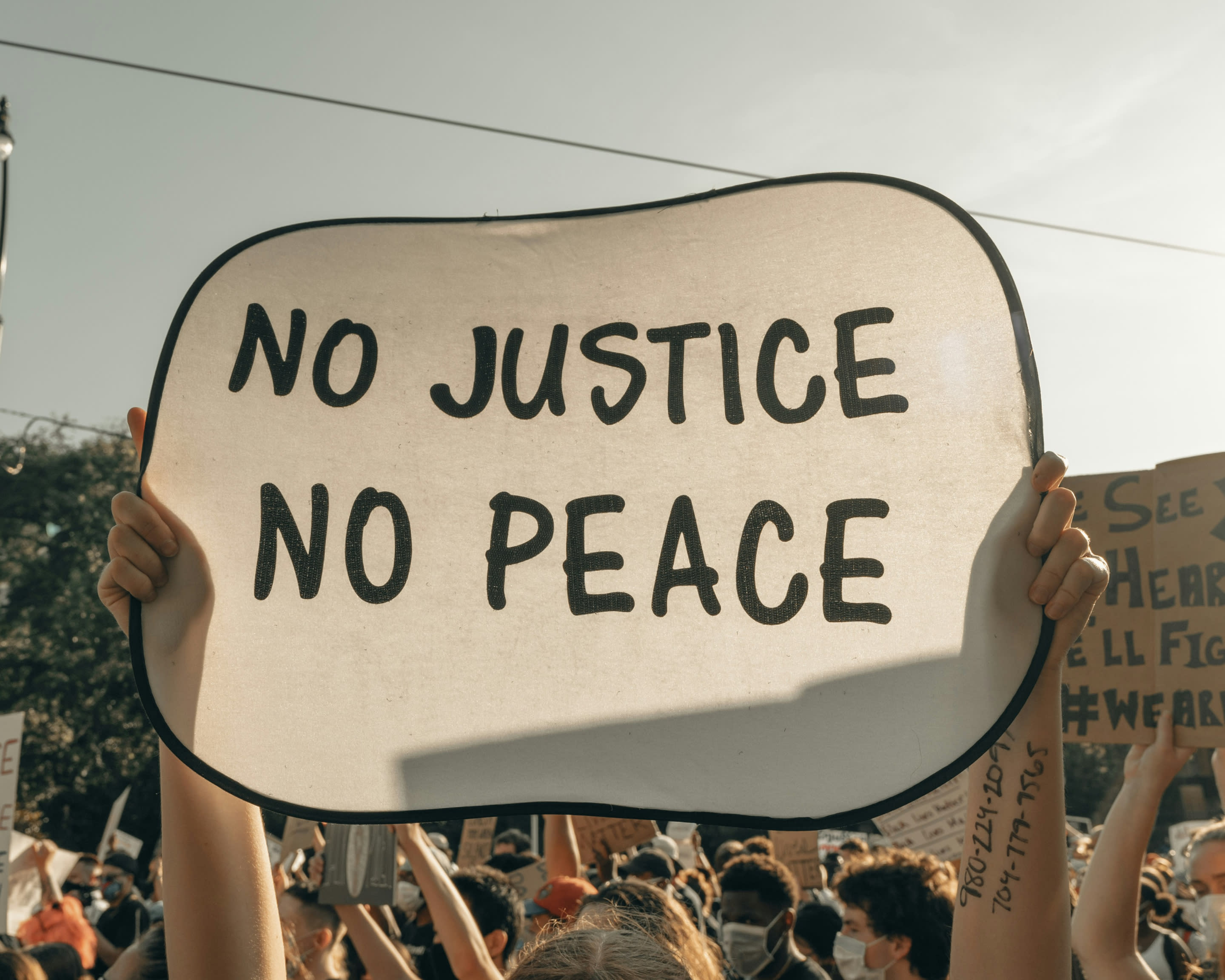
Should the U.S. Support the Nicaraguan People’s Peaceful Protests & Increase Pressure on Daniel Ortega’s Regime for its Oppression? (H. Res. 754)
Do you support or oppose this bill?
What is H. Res. 754?
(Updated May 13, 2020)
This resolution would express the sense of the House of Representatives that the U.S. should support the people of Nicaragua in their peaceful pursuit of democracy and human rights, and use tools under U.S. law to increase political and financial pressure on the Sandinista government of Daniel Ortega. It cites gross violations of human rights & repression carried out by the Ortega regime, such as: security forces killing over 325, injuring over 2,000, and arbitrarily detaining at least 800 peace protesters in 2018; causing an estimated 62,000 Nicaraguans to flee the country between April 2018 & April 2019; restricting press freedom; oppressing indigenous communities; and denying free & fair elections.
Specifically, this resolution would:
Call on the Ortega regime to release all political prisoners & cease the repression of dissent in Nicaragua;
Condemn the government’s failure to comply with agreements it made with the Organization of American States;
Urge the Ortega to respect Nicaraguans’ constitutional rights & implement free, fair, multiparty elections open to international observers;
Express full support for the Nicaraguan people, media, and civil society in their pursuit of a peaceful return to democratic order;
Recognize & support U.S. government efforts to promote democracy in Nicaragua and hold corrupt actors & human rights abusers in the regime accountable;
Urge the U.S. government to continue to apply pressure on the Ortega regime & consider additional sanctions against officials who’ve violated human rights or committed significant acts of corruption; and
Urge the international community to hold the Ortega regime accountable for human rights abuses, including attacks on religious freedom, and restrict its access to foreign financing unless or until it allows for free, fair, and prompt elections open to monitoring by credible international & local electoral observers.
As a simple resolution, this legislation is non-binding and wouldn’t advance beyond the House if adopted.
Argument in favor
The House of Representatives should support the Nicaraguan people in their peaceful pursuit of democracy and actions by the U.S. & international community to hold the Ortega regime accountable for its human rights violations & violent crackdown on dissenters. It may be a simple gesture, but adopting this resolution would send a strong, bipartisan message.
Argument opposed
This non-binding legislation won’t accomplish anything, and Congress should instead advance a sanctions package to increase pressure on the Ortega regime. Alternatively, the U.S. should leave the Ortega government alone and allow it to govern how it sees fit.
Impact
The Nicaraguan people; the Ortega regime; U.S. & international agencies; and Congress.
Cost of H. Res. 754
As a non-binding resolution, this bill would have no cost.
Additional Info
In-Depth: Rep. Albio Sires (D-NJ) introduced this resolution to express support for Nicaraguans’ efforts to restore democracy in their country and call on President Daniel Ortega to cease his repression of peaceful protesters, social leaders, and the political opposition:
“Ortega’s authoritarian rule has caused needless suffering in Nicaragua, the second poorest country in the Western Hemisphere. Ortega and his thugs killed and tortured hundreds of peaceful protesters last year, and are now carrying out targeted attacks against campesinos and rural land rights activists. We must send a strong, bipartisan message to Ortega and his cronies: cease this repression, allow international human rights monitors to visit the country, and call early elections or face further sanctions. I continue to stand shoulder to shoulder with those brave Nicaraguans who are risking everything in their pursuit of freedom and dignity.”
Lead Republican cosponsor Rep. Francis Rooney (R-FL) added:
“It was a privilege to meet with the leaders of Nicaragua’s opposition and observe their commitment to unity against the Ortega regime and his murderous cronies. The people of Nicaragua deserve freedom, democracy and the right to free and fair elections. I stand with them in their struggle for a peaceful transition to democracy for Nicaragua.”
The bipartisan leadership of the House Foreign Affairs Committee were original cosponsors of this resolution. Chairman Eliot Engel (D-NY) said:
“Congress will not turn a blind eye to Daniel Ortega’s constant violations of the Nicaraguan people’s human rights. There is no doubt that these are dark days for human rights and democracy in Nicaragua. But, I also believe that there is reason for optimism for the country’s future. Meeting with Nicaragua’s unified opposition leaders today gave me hope that brighter days are ahead. The Nicaraguan people can continue to count on Congress’s bipartisan support for a return to a full democracy in the country.”
Ranking Member Michael McCaul (R-TX) added:
“I was proud to meet with the leaders of Nicaragua’s democratic opposition. I commend them for their bravery and leadership in the face of the Ortega regime’s abuse and repression. I will always stand firmly with the freedom-loving people of Nicaragua in their struggle for free and fair elections, and demand justice for the victims of human rights abuses at the hands of this brutal dictatorship.”
Democratic presidential candidate Sen. Bernie Sanders (I-VT), an avowed socialist, spoke in favor of the Sandinistas during the 1980s and traveled to Nicaragua to meet with Daniel Ortega in 1985 when he was the mayor of Burlington, Vermont. While he said the Sandinistas were wrong to force indigenous communities to abandon their homes, he wrote a letter inviting Ortega to Burlington which lamented that U.S. media hadn’t “reflected fairly the goals and accomplishments of your administration.” According to The Free Press, a Vermont-based newspaper, Sanders told American reporters who accompanied him that, “You are worms” for not reporting “the truth” about Ortega.
After Sanders received a letter from a Burlington constituent who called for the then-mayor to reverse his pro-Sandinista position, Sanders wrote a letter asserting that the Sandinistas’ “temporary suspension of certain civil liberties is considerably more complex” than the constituent understood; and that the Sandinistas did so because they didn’t intend to “allow their enemy the total freedom to defeat them and destroy their government.” Sanders concluded:
“My concern about Nicaragua is, frankly, not whether people think the Nicaraguan government is a good or bad government or whether President Ortega has done the right thing in this action. To me, the overriding issue is whether or not the United States has the unilateral right to go to war and destroy a government that President Reagan and members of Congress dislike.”
Joe Biden, who was a U.S. senator in the 1980s and is also seeking the Democratic presidential nomination, voted against funding for the Ortega’s opponents in the 1980s. In 2018, he wrote:
“Instead of respecting the will of their people, the governments of Nicolas Maduro in Venezuela and Daniel Ortega in Nicaragua have confronted peaceful protesters with force, even armed vigilantes. They have limited the freedoms of expression and assembly necessary for political dialogue and arrested their political opponents.”
This legislation passed the House Foreign Affairs Committee by unanimous consent and has the support of 27 bipartisan cosponsors, including 19 Democrats and 8 Republicans.
Of Note: President Daniel Ortega rose to power as the leader of Nicaragua’s communist Sandinista movement, which toppled the Somoza dynasty in 1979, won the 1984 elections, and ruled the country through 1989. The Sandinistas were involved in a civil war with the U.S.-backed Contras throughout the 1980s during which both sides were accused of war crimes. The war ended in 1990 when Ortega lost the presidential election to liberal opposition candidate Violeta Chamorro.
Ortega was re-elected 17 years later in 2017, and has ruled the country since after changes were made to the Nicaraguan constitution in 2009 and 2016 to allow him to run for successive terms. In 2018, widespread peaceful protests broke out calling for his resignation after pro-Ortega groups violently a demonstration against Nicaragua’s pension reforms. The crackdown saw over 325 killed, 2,000 injured, and over 800 arbitrarily detained.
Media:
BBC (Context)
Foreign Affairs (Context)
New York Times (Context)
Reason (Context)
Summary by Eric Revell
(Photo Credit: mejiaperalta via Flickr / Creative Commons)The Latest
-
 Biden Signs Ukraine, Israel, Taiwan Aid, and TikTok BillWhat’s the story? President Joe Biden signed a bill that approved aid for Ukraine, Israel, and Taiwan, which could lead to a ban read more... Taiwan
Biden Signs Ukraine, Israel, Taiwan Aid, and TikTok BillWhat’s the story? President Joe Biden signed a bill that approved aid for Ukraine, Israel, and Taiwan, which could lead to a ban read more... Taiwan -
 Protests Grow Nationwide as Students Demand Divestment From IsraelUpdated Apr. 23, 2024, 11:00 a.m. EST Protests are growing on college campuses across the country, inspired by the read more... Advocacy
Protests Grow Nationwide as Students Demand Divestment From IsraelUpdated Apr. 23, 2024, 11:00 a.m. EST Protests are growing on college campuses across the country, inspired by the read more... Advocacy -
 IT: Here's how you can help fight for justice in the U.S., and... 📱 Are you concerned about your tech listening to you?Welcome to Thursday, April 18th, communities... Despite being deep into the 21st century, inequity and injustice burden the U.S. read more...
IT: Here's how you can help fight for justice in the U.S., and... 📱 Are you concerned about your tech listening to you?Welcome to Thursday, April 18th, communities... Despite being deep into the 21st century, inequity and injustice burden the U.S. read more... -
 Restore Freedom and Fight for Justice With GravvyDespite being deep into the 21st century, inequity and injustice burden the U.S., manifesting itself in a multitude of ways. read more... Criminal Justice Reform
Restore Freedom and Fight for Justice With GravvyDespite being deep into the 21st century, inequity and injustice burden the U.S., manifesting itself in a multitude of ways. read more... Criminal Justice Reform
 Climate & Consumption
Climate & Consumption
 Health & Hunger
Health & Hunger
 Politics & Policy
Politics & Policy
 Safety & Security
Safety & Security
